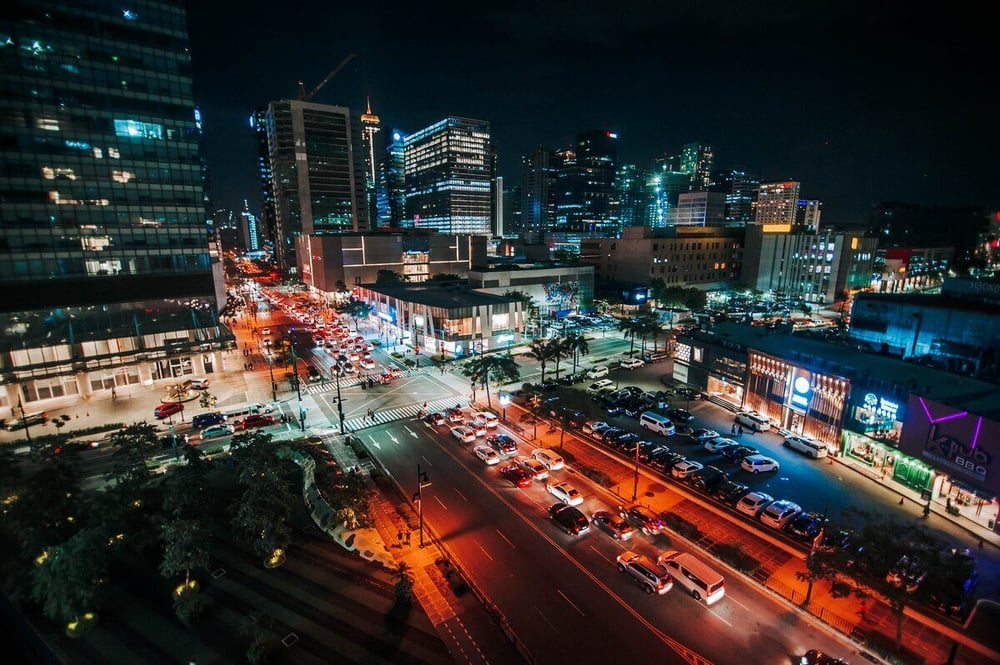Everything You Need to Know About the Ease of Doing Business Law

To encourage more micro, small, and medium enterprises and foreign investment in the Philippines, the Philippine government promulgated the Ease of Doing Business Act in 2018 May 28.
Formally known as the Ease of Doing Business and Efficient Government Service Delivery Act of 2018 (Republic Act 11032), the law also seeks to increase efficiency by reducing processing time, eliminating red tape, and curbing corrupt bureaucratic practices.
The Ease of Doing Business (EODB) Law aims to make it easier for businesses to start operating in the country. The most important measure that the ease of doing business law introduces is the automation of the business registration process. (Read the entirety of the Ease of Doing Business Law.)
The 5 Key Reforms
Here are the five key features introduced by the EODB Law:
1. Faster Processing of Business Permits and Licenses
The EODB Law seeks to cut the red tape involved in business registration and permit renewals. A unified application form will be required for business permits and renewals. A one-stop-shop will also be established to house agencies involved in starting a business, including:
- Treasury
- Business and Licensing Office
- Zoning Office
2. Standard Turnaround Time for Government Transactions
All government agencies have to comply with standard turnaround times for various transactions. These mandated timeframes range from 3 to 20 business days, depending on the complexity of the task.
All applications duly submitted to an agency will be automatically approved if they fail to process the application within the prescribed time frame.
 3. Automated Business Registration Process
3. Automated Business Registration Process
To reduce the risk of graft and corruption, all forms will be moved online, and digital copies of documents will be submitted electronically. Likewise, licenses and permits can now be printed at home, and this copy shall have the same authority as a hard copy.
4. Anti-Corruption Policy
The Department of Information and Communications Technology is responsible for the development of a Central Business Portal where all business permits can be obtained.
While this online system is being developed, all government units engaged in the issuance of business permits and licenses will implement a zero-contact policy between government employees and business applicants. This is sought to improve the government agencies’ level of service delivery and accountability.
After the filing of the application, government functionaries will anonymously transact with applicants, with only a case number to identify them with.
5. Citizen’s Charter
All government agencies and local government units must post information billboards containing their most current and updated service standards. This set of standards will be called the Citizen’s Charter. A copy of it in English, Filipino, or a vernacular language must be displayed in a conspicuous area in their respective offices.
The Citizen’s Charter details the following:
- A checklist of all the requirements for each type of application or request
- The procedure to obtain a particular service
- The person/s responsible for each step
- The maximum time needed to accomplish a request
- The necessary documents to be presented, if needed
- Fees required, if needed
- The procedure for filing complaints
6. Accountability of Heads of Offices and Agencies
The EODB Law prescribes administrative and criminal liability to the officials and employees who may act inappropriately. Some of the violations include:
- Refusal to accept and process an application
- imposition of requirements or fees not listed in the Citizen’s Charter
- Collusion with fixers
- Missed deadlines
Increasing the Philippine Economy’s Global Competitiveness
The World Bank ranks economies according to how easy it is to start and operate a business. A high EODB ranking indicates a regulatory climate that is highly conducive for local businesses. All the 190 member countries of World Bank are included in this study.
The Philippine government, under the Duterte administration, is committed to boosting the economy by fostering a climate that is free of corruption and inefficiency. By the end of his term, Duterte seeks to improve the country’s Ease of Doing Business ranking, which currently stands at 124th place.



